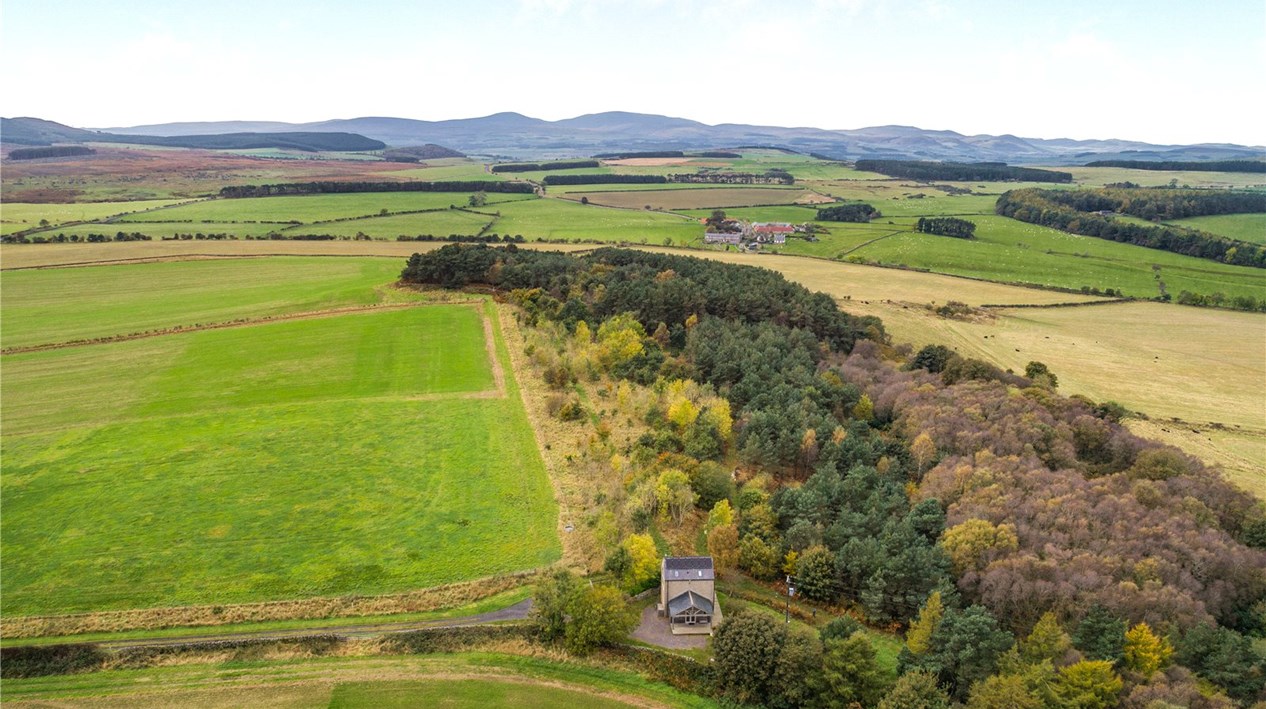English farm business in all of their guises and sectors are going through some of the biggest changes in a generation. The exit from the EU prompting the end to “area-based” subsidy payments coupled with a global pandemic, a war in Ukraine and the subsequent inflation of commodity prices have together presented some challenging issues.
Unfortunately, there are limits to what we can do about these obstacles and it’s not clear how long they’ll to stay. But in the face of these changes there are lots of opportunities and there is no reason why a farming business from any sector cannot remain profitable and look to the future.
If we take the gradual reduction in area payments, this for most arable and stock farmers is likely to have the largest immediate impact. However, war in Ukraine has helped bolster food prices both at home and abroad and generally farm gate revenue has increased. This was of course balanced out to some degree by higher input prices such as the cost of fertiliser nearly tripling in 12 months, while feed prices for livestock, dairy and poultry also having increased exponentially.
Whilst we are unlikely to see a return to an area-based payments system, the pot of money this once came from is slowly being distributed through both revenue and capital grant schemes. The number of these schemes is increasing and they offer differing payment levels to varying targeted areas – for productivity and innovation, fencing, hedging, traditional stewardship, water quality, air quality; the list is expansive.

Next year will have seen payments under BPS cut by 50% since 2021 and most farmers will have noticed their 2022 payment reduced by 20 to 40%. So with this in mind, now is the time to sit down and look at the grants available and see what applies to your business. There is something for everyone but you must be open-minded and creative in your thinking to make the most of them.
The grants and schemes will help a lot of businesses but they are only one part of navigating this ‘brave new world’ with no direct subsidy. Knowing the intricacies and nuances of your business is key to its resilience and ultimately its survival. Carrying out regular budgeting and cash flow exercises has always been important, but never more so than with strained cashflow and increased variable and fixed costs.
Businesses should review their purchasing plans and abilities to fund not only day-to-day operations but also future investment projects. Build on working relationships with suppliers and banks to help manage them and don’t be afraid to change if you think you are not been offered a good deal or a relationship has become stale.
It is also advisable to look at drawing up a 5- and 10-year business plan and have a conversation if applicable about succession. Now more than ever, it will be important for everyone involved in a business to know the direction of travel, the goals set out along the way and how they can be achieved.
If the result of these conversations about the future contain surprises, can a solution be found? Is now the time to look at entering into a joint venture with a neighbour, a contract farming agreement or machinery sharing arrangement?
These are challenging times for farmers throughout the UK but England looks one step ahead of the devolved nations with the grants and schemes now available, and although Defra’s vision may appear hazy sometimes, we do have some hard facts in front of us.
The environment is becoming a bigger piece in how we operate and its influence is only set to increase. Fighting these changes is futile and probably damaging to any agriculture business, so embrace a new way of thinking and see opportunity where you once may have seen only problems.

Scotland’s path
Against the backdrop of changes in England, the Scottish Government conducted its Agriculture Bill consultation in late 2022. This gave some indications of the expected direction of travel, but the scale and substance of future Government support remains unknown.
In the light of this uncertainty, farmers north of the border can still focus on business efficiency and resilience and adaptability to prepare for future change.
The Basic Payment Scheme is being phased out by 2024 and the replacement regime is undecided. What can farmers and land managers do over the next two years to bolster their business and increased resilience?
A business review can be a good place to start when considering resilience, the health of a business over the past three to five years and the level of support from subsidy. It can help to demonstrate how a business will perform going forward. A review can form the basis of determining a strong business plan which is able to adapt effectively to a changing policy landscape.
Many farming businesses are supported by subsides, especially on more marginal land. Reducing this reliance is critical to business sustainability and can be achieved through efficiency. The overall position can be improved by efficiencies such as reducing the reliance on unstable input prices, going back to basics, curtailing unnecessary spending, and taking into account rising prices when budgeting. This way of thinking is not new, but sometimes forgotten in an overly complex world of carbon credits, decoupling and offsets.
Carbon and financial efficiencies often go hand in hand, with the same products being produced for less carbon input, more quickly or with lower intensity and fewer inputs. This demonstrates the importance of a creative approach to business planning – something we at Galbraith are able to assist with by offering whole business reviews and advice on grant funding and applications and drafting farm business plans.
- Natural Capital: Galbraith’s expert advisers guide our clients in realising value in all land uses – by assessing and measuring natural assets, furthering opportunities in biodiversity net gain, and ensuring stakeholders are rewarded fully for their investment in and contribution to delivering ecosystem services and net-zero outcomes.


